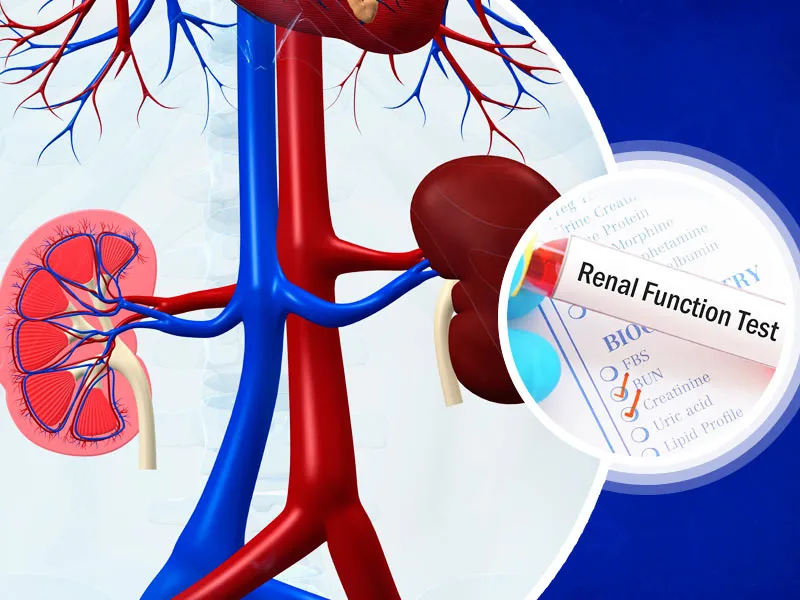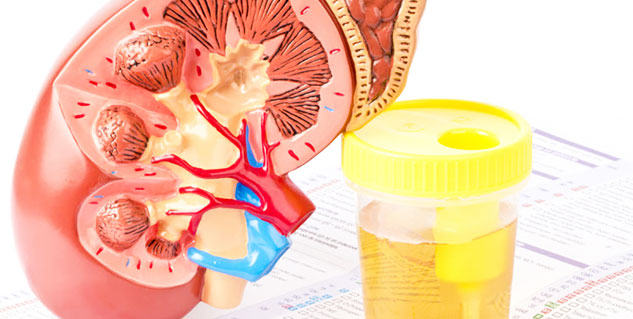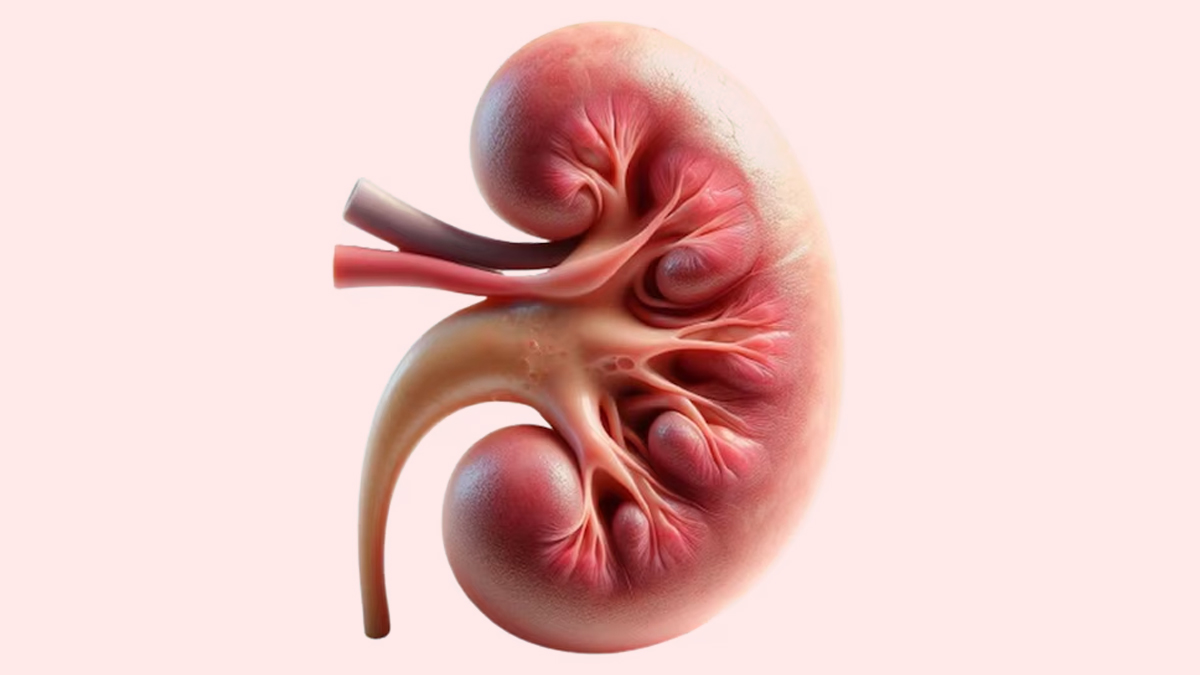
Ever thought about how your tummy troubles might be linked to your kidney health? It might sound surprising, but experts like Dr Shubendu Mohanty, Senior Consultant at Shardacare, Healthy City - Noida, say there's a strong connection between the trillions of tiny bacteria living in your gut – your gut microbiome – and how well your kidneys function.
Table of Content:-
Think of your gut as a bustling city filled with all sorts of microorganisms, mostly bacteria, but also fungi and viruses. This community, the gut microbiome, plays a vital role in digesting food, absorbing nutrients, and even training your immune system. But what does this have to do with your kidneys?
The Gut-Kidney Axis: A Two-Way Street
Dr. Mohanty explains that the gut and kidneys are in constant communication through what's known as the "gut-kidney axis." This means that what happens in your gut can directly impact your kidneys, and vice versa.

How an Unhappy Gut Can Trouble Your Kidneys
When the balance of good and bad bacteria in your gut is disrupted – a state called dysbiosis – it can lead to several problems that can affect your kidneys:
- Increased Toxins: An unhealthy gut can produce more harmful waste products. These toxins can leak into the bloodstream and put extra strain on your kidneys as they work harder to filter them out.
- Inflammation: Dysbiosis can trigger inflammation in the gut. This inflammation can then spread throughout the body, potentially damaging the delicate filters in your kidneys.
- Leaky Gut: An imbalanced microbiome can weaken the lining of your gut, making it "leaky." This allows more toxins and harmful substances to enter the bloodstream, again burdening the kidneys.
- Metabolic Issues: Certain gut bacteria are involved in how your body processes nutrients. An unhealthy microbiome can contribute to metabolic problems like obesity and diabetes, which are major risk factors for kidney disease.

Also Read: Melt Belly Fat Faster: 5 Things To Do Right After Waking Up
The Kidneys' Influence on the Gut
It's not just a one-way street. Kidney problems can also affect your gut health. When the kidneys aren't working properly, they can't effectively remove waste products from the blood. These waste products can build up and disrupt the balance of bacteria in your gut, leading to dysbiosis and further health issues.
Keeping Both Happy: Expert Advice
So, what can you do to keep both your gut and kidneys healthy? Dr Mohanty offers some simple yet effective advice:
- Eat a Balanced Diet: Focus on a diet rich in fruits, vegetables, and whole grains. These foods provide fibre, which feeds the good bacteria in your gut. Limit processed foods, sugary drinks, and excessive red meat.
- Stay Hydrated: Drinking enough water is crucial for both gut and kidney function. Water helps flush out toxins and keeps things moving smoothly in your digestive system.
- Consider Probiotics and Prebiotics: Probiotics are live beneficial bacteria found in some foods like yoghurt and fermented vegetables, or as supplements. Prebiotics are types of fibre that feed your existing good gut bacteria. Talk to your doctor before starting any supplements.
- Manage Underlying Conditions: Conditions like diabetes and high blood pressure can harm both your gut and kidneys. Work with your doctor to manage these conditions effectively.
- Listen to Your Body: Pay attention to any persistent digestive issues or changes in your urination. These could be early signs of a problem.
Bottomline
The connection between your gut and kidneys is a powerful reminder that your body systems are interconnected. Taking care of your gut health through a balanced lifestyle can have significant benefits for your kidney function and overall well-being. As Dr Mohanty emphasises, nurturing your tiny gut buddies is an important step towards a healthier you.
Also watch this video
How we keep this article up to date:
We work with experts and keep a close eye on the latest in health and wellness. Whenever there is a new research or helpful information, we update our articles with accurate and useful advice.
Current Version